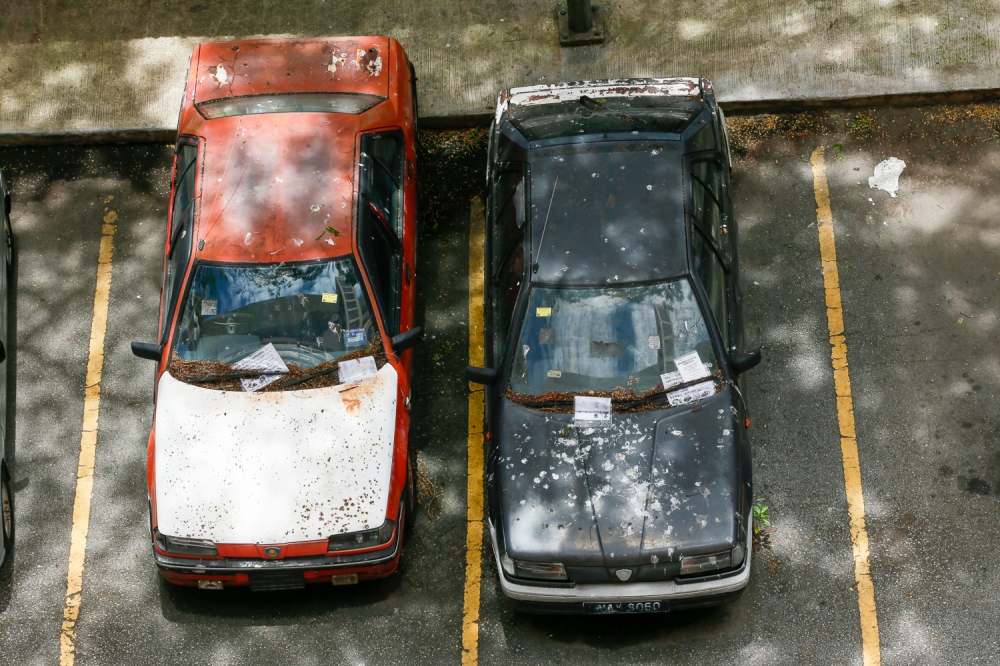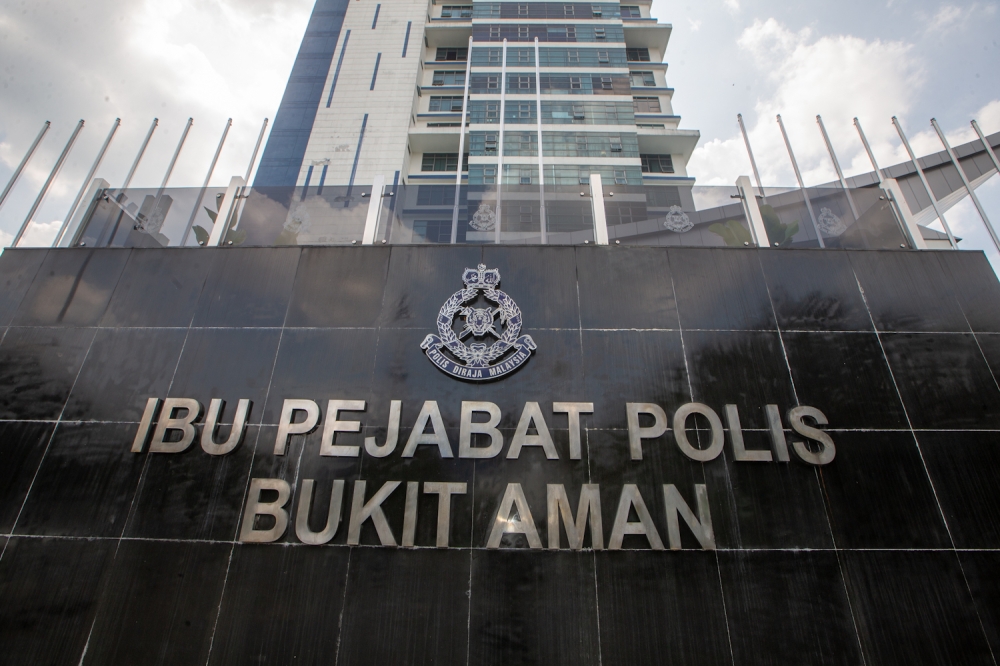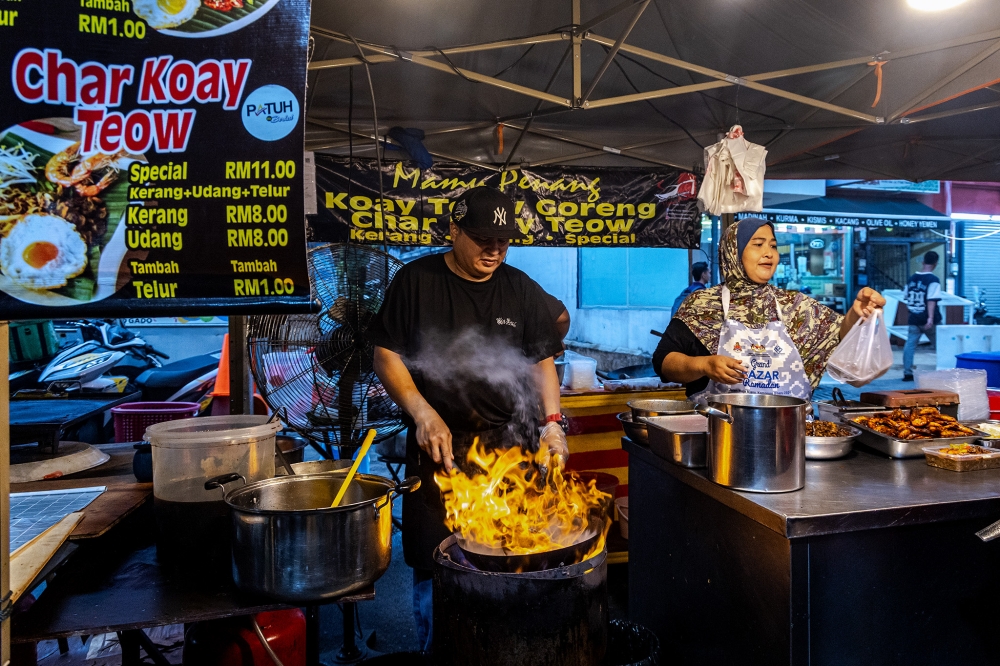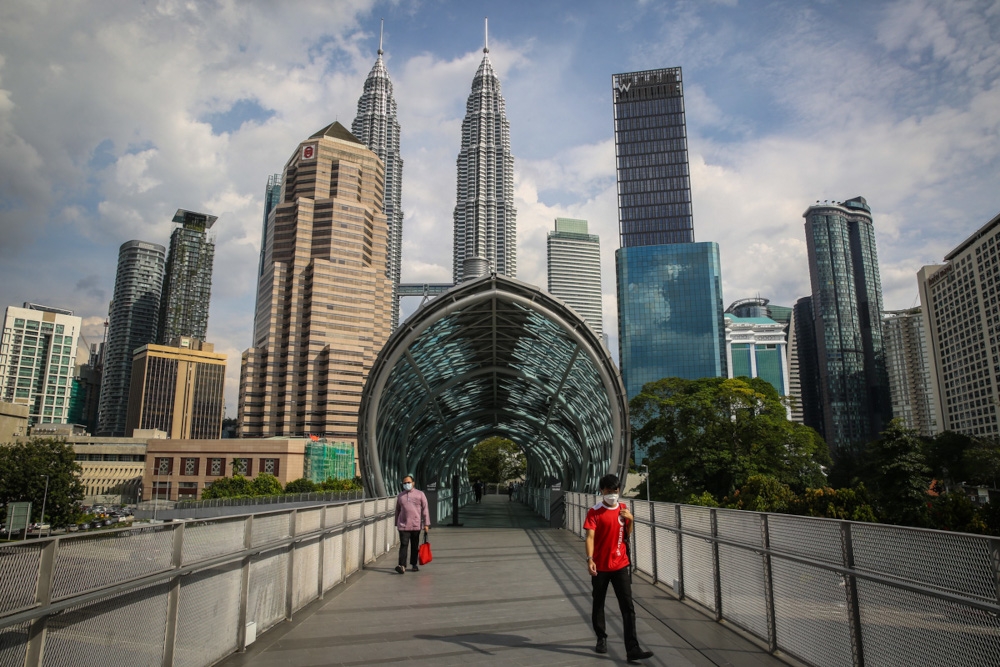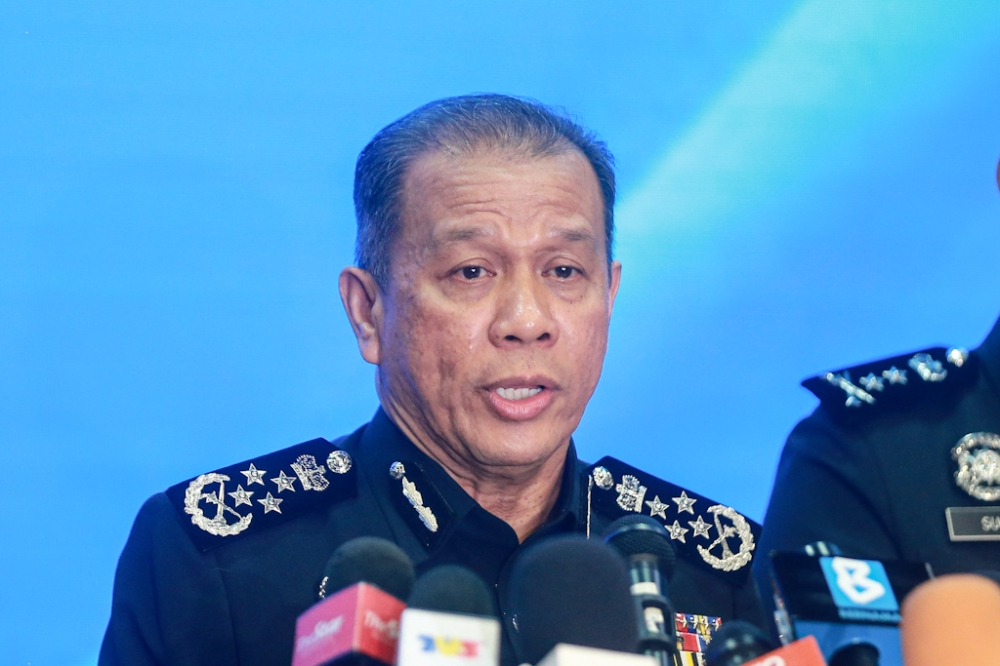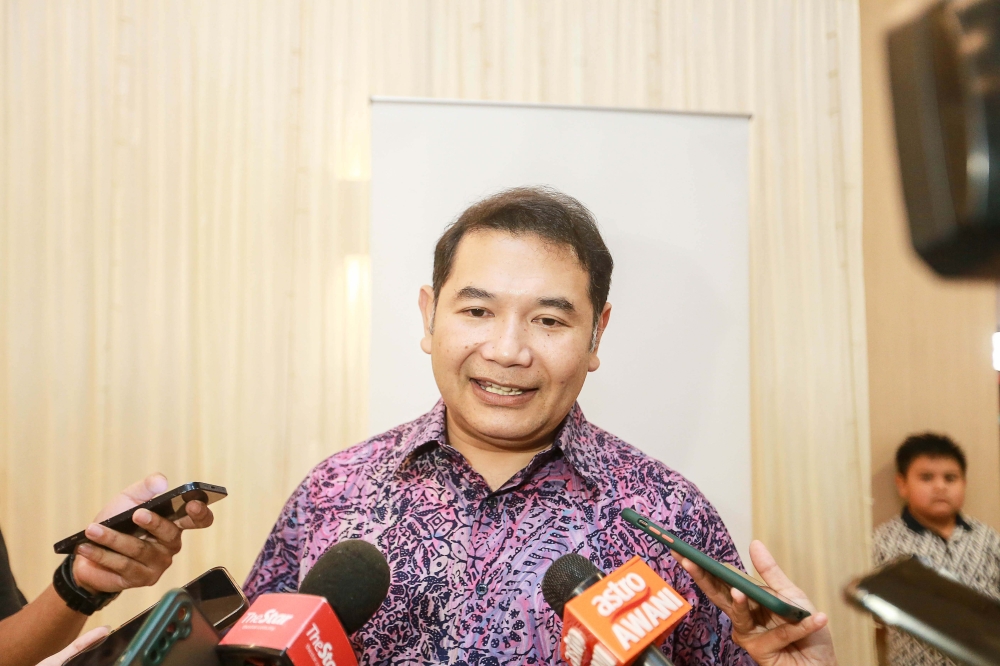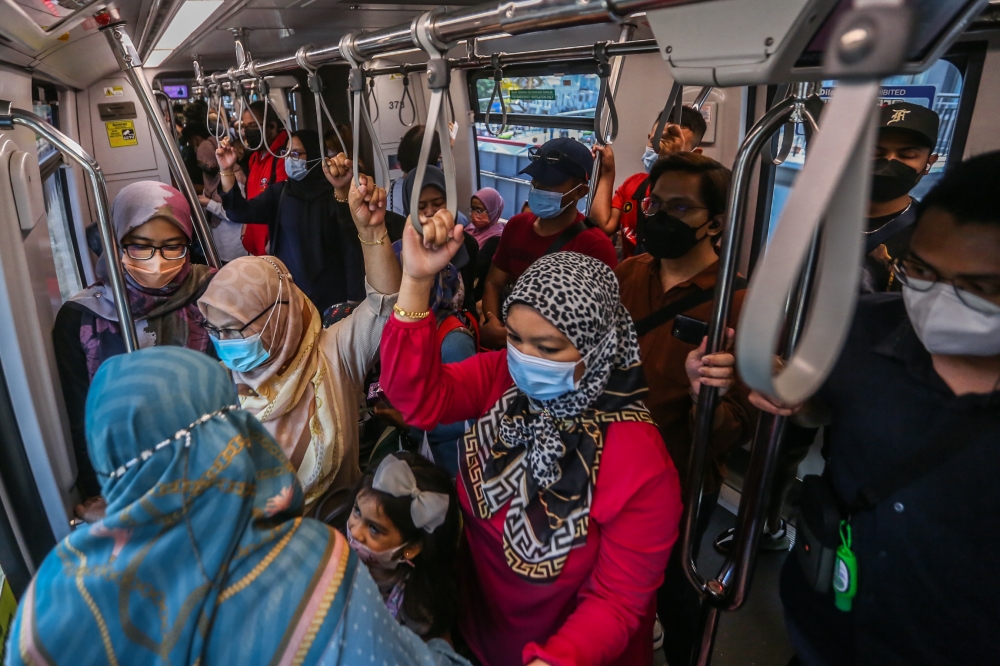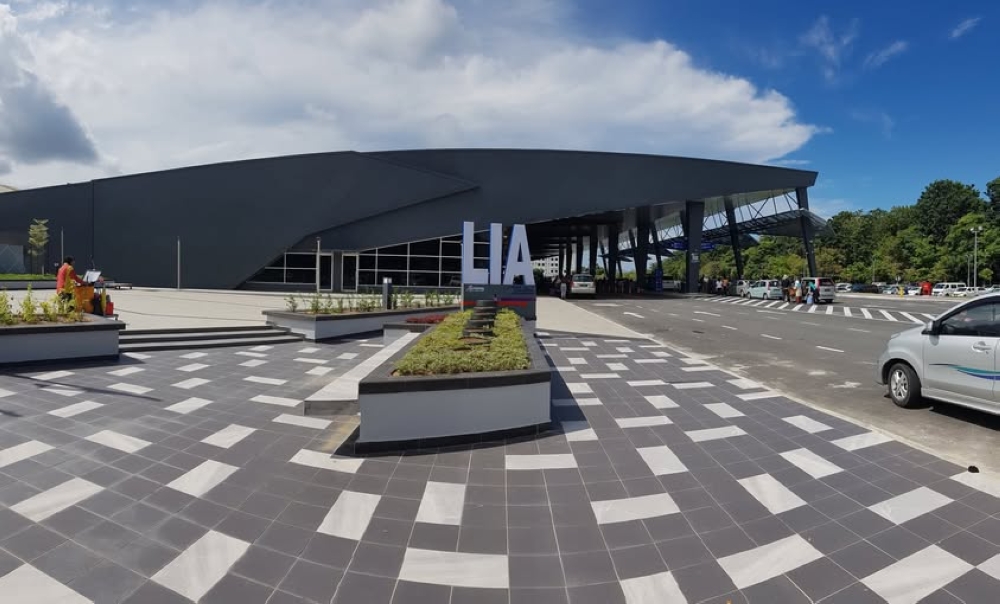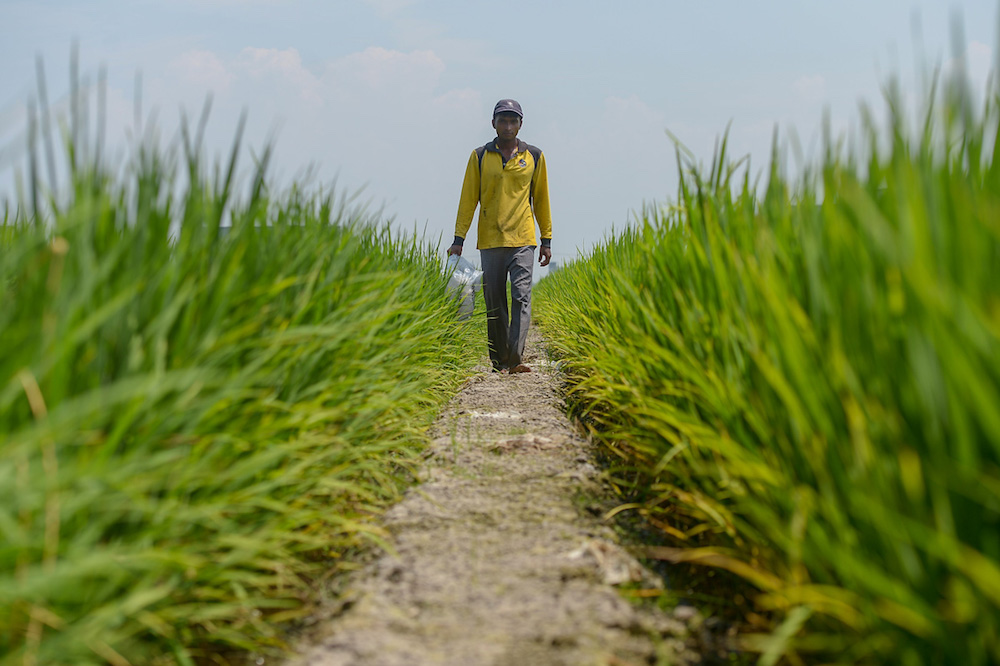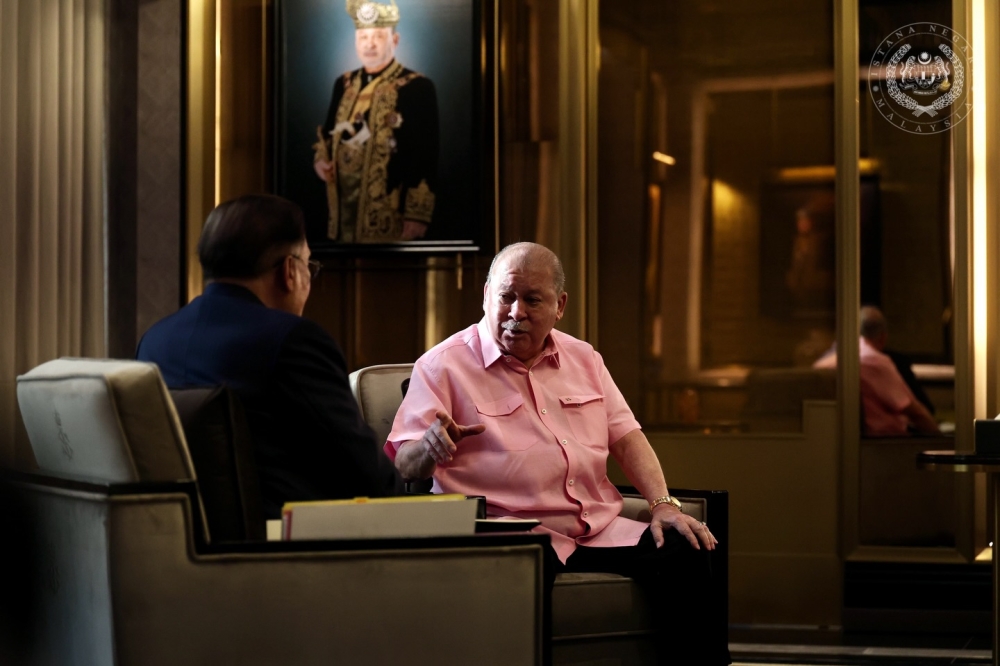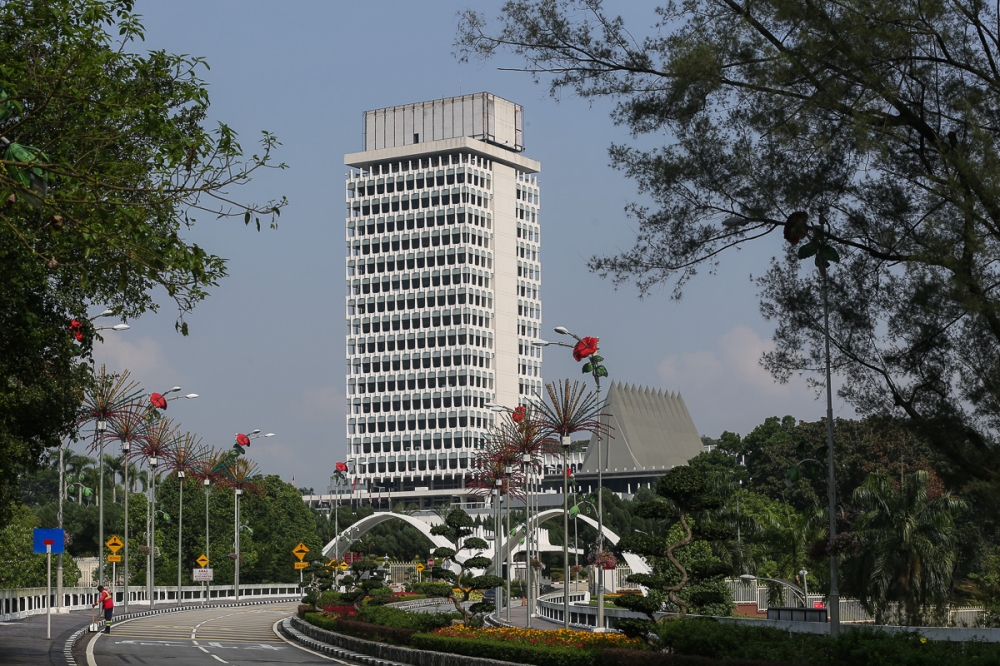KUALA LUMPUR, Sept 24 — Malaysia needs to reform its agriculture practices to ensure food and financial security for poor farmers, renowned economist Jomo Kwame Sundaram said today.
Speaking during the “Economics, Poverty, and Gaps in Malaysia” seminar for MPs and government officials at Parliament, Jomo said the agriculture practices do not favour farmers who grow food crops but big plantations and their cash crops.
“We have a big issue in terms of agriculture. Ninety per cent of land in Malaysia is filled with palm oil and rubber, with a little bit of cocoa [plantation]. Only 10 to 12 per cent is filled with food crops.
“Especially [the problem is] with paddy. We found that the poorest in the country are the paddy farmers, even when the government subsidises about 60 per cent of paddy farming,” he said.
Jomo said even the subsidies do not really work as intended, as the farmers rely on the government to buy their crops at an inflated price than the market’s standard.
He also suggested a scheme that would help to increase food security and supply within the society itself, in order to create a better supply and demand situation that benefit more Malaysians.
“This is the policy which was inherited since the colonial times. We found that the reserved Malay land laws bind the paddy farmers so they can’t grow anything other than paddy. It’s like a conspiracy to keep them planting paddy.
“We could promote a food scheme at the school level that would change what needs to be planted by demand. We must make sure that it will be supplied by something like paddy farmers association and something like it, and not giant food companies,” he said.
Meanwhile, Jomo also warned the government not to side with insurance companies in order to promote universal healthcare access in the country.
He said that in the long run, the cost would keep increasing without any significant upgrade from our current public healthcare system.
“Malaysia have signed the commitment for universal healthcare but its an empty slogan. How are we going to implement it — we must choose.
“There are quarters who are campaigning to revamp the public healthcare system in Malaysia by including insurance but when we research about insurance in the world as a public system, we found that the cost will increase as those who are involved will want to ensure payment for themselves,” he said.
The Malaysian government has announced a free national health insurance scheme for the low income, at an initial cost of RM2 billion on January 1.
Jomo was commenting on some quarters who suggested that the national health insurance should be made compulsory to all income earners.

